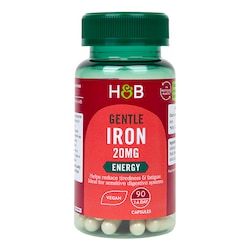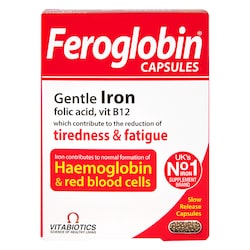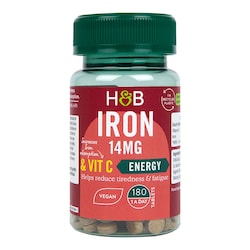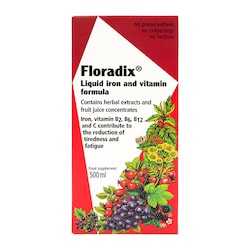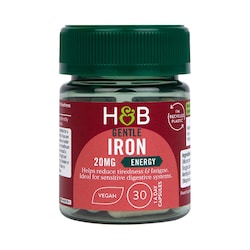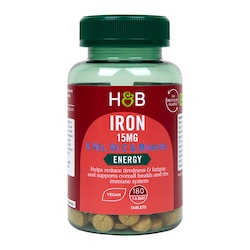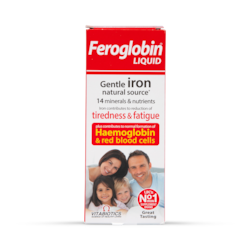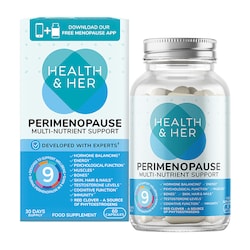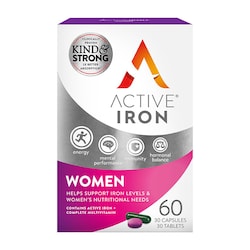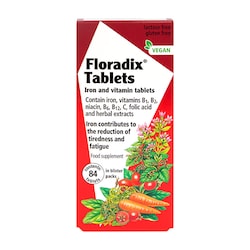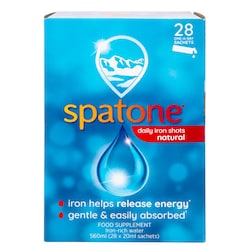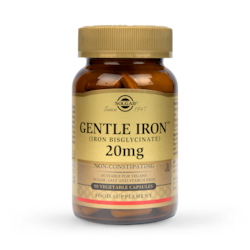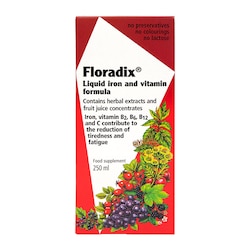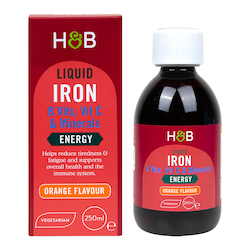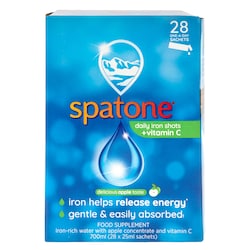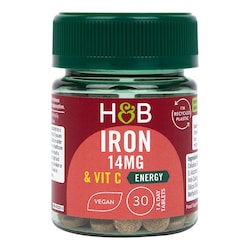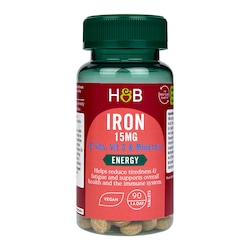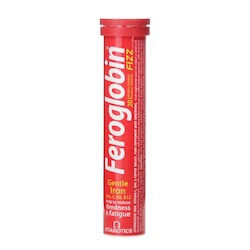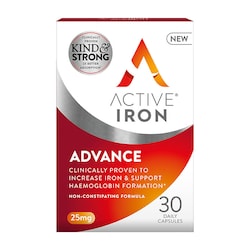15% off £30 OR 20% off £40
Code:DECIDE
Risk of iron deficiency for vegetarians

Iron deficiency is not a condition exclusively experienced by vegetarians or vegans, but are they more at risk because of their diet? Find out more.
Iron deficiency is a type of anaemia - in fact, it is actually the most common type of anaemia worldwide.1
Our bodies need iron in order to make new red blood cells, which then carry oxygen around the body.2
And whilst liver and red meat are known to be good sources of iron, they are clearly not suitable for those on a vegetarian diet.
So if you follow a vegetarian lifestyle, how much risk are you of having low levels of iron? And what can you do to ensure you get enough iron in your diet?
What causes iron deficiency?
As the name suggests, iron deficiency is a lack of iron, but this is not always due to too little iron in your diet. However, tackling your iron intake is important if you are deficient, since your body cannot make iron on its own.3 Your body’s iron requirements may change over time, and the cause of iron deficiency may be due to changes in your body. This is why women are sometimes more susceptible to iron deficiency due to heavy periods, and other conditions. And it is also why blood loss can also lead to iron deficiency. Changes in diet can be responsible for this lack of iron, so if you are considering switching to a more plant-based diet, then it might be worth seeking out good sources of iron to keep your diet balanced and your iron levels up.What are the symptoms of iron deficiency?
There are many symptoms that appear across all types of anaemia, and these include:- tiredness
- fatigue and lack of energy
- heart palpitations
- pale skin
- shortness of breath
Should vegetarians worry about iron deficiency?
Iron deficiency is, of course, not a condition that is exclusively experienced by vegetarians or vegans. However, if you have chosen to exclude red meat from your diet, for whatever reason, then it is important to make sure that your diet contains enough alternatives sources of iron to reduce the risk of any deficiency.Why should vegetarians eat iron rich food?
While lack of iron is one of the most common concerns people have about a vegetarian diet, iron can be found naturally in a wide variety of foods. The recommended daily amount of iron is:- 7mg a day for men over 18
- 8mg a day for women aged 19 to 50
- 7mg a day for women over 505
- haem iron
- non-heam iron


